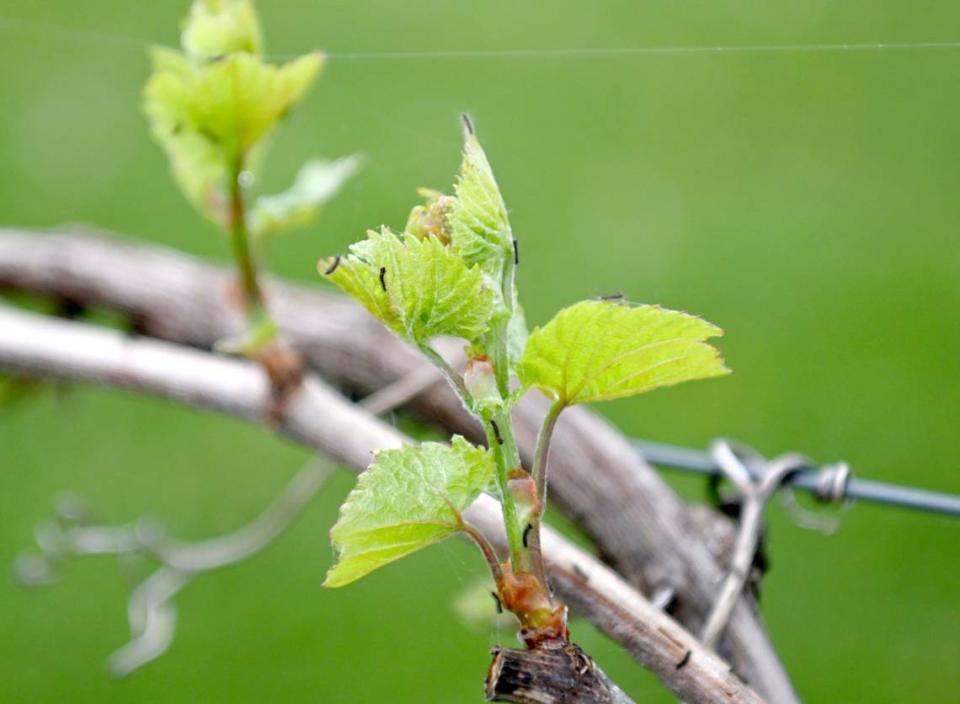Two Centre County municipalities will soon spray to treat spongy moths. What to know
Summer is almost upon us, and with it comes an influx of spongy moths. To prepare, two Centre County municipalities will spray to help protect local foliage from the invasive pest.
Formerly known as a gypsy moth, the spongy moth was introduced to the Northeastern United States in 1969. The moth’s eggs typically hatch around late April to mid-May, and when they hatch, the moth larvae eats the trees leaves, defoliating them and leaving them vulnerable to diseases and other pests.
This spring, Ferguson and Patton townships have partnered to control spongy moth. The decision was “based on the amount of egg masses in areas that present the likelihood of deforestation and potential tree loss from the insect,” according to Ferguson Township’s website.
The townships will spray an insecticide called bacillus thuringiensis (BtK) by helicopter early in the morning May 19 or May 20 (depending on the weather). Ferguson Township wrote in a press release that spraying would occur from 4-9 a.m., while Patton Township wrote on Facebook that it will take place sometime between 4-7 a.m.

BtK spray is not harmful to mammals, birds or fish, and directly affects the spongy moth’s digestive system, eventually killing the invasive insect.
“Ferguson Township is taking proactive measures to mitigate the detrimental impact of spongy moth on its residents and local ecosystem,” a Ferguson Township spokesperson wrote in a press release.
Residents within the spraying areas have been notified via mail, according to the townships. Any resident that opted out will not see their property sprayed.
Residents who have opted out of having their yards sprayed in Patton Township still have the option of treating their trees though, as the township offers self-treatment options. The township will reimburse residents $62 per acre sprayed up to 10 acres of area treated, according to the township’s website.
Ferguson and Patton townships also reached out to all other Centre Region municipalities, as well as Benner Township, to join in on their spraying efforts, with the contacted municipalities not responding yet, Patton Township Manager Amy Farkas told the CDT.
The spraying costs $62 per acre for the municipalities, and according to an email from Farkas, the cost will be split between the municipalities based on the actual acreage sprayed in each.

Additional information on future spongy moth sprays in either township is available through their websites.
The Pennsylvania Department of Conservation and Natural Resources will also spray their lands with BtK via helicopter on the spongy moth-invested trees. Bald Eagle, Poe Paddy, Poe Valley and Penn Roosevelt state parks are among those in Centre County that will be sprayed.
“Aerial suppression is needed to keep this invasive pest in check and protect our native forests from defoliation, with oaks being one of its favorite host,” DCNR Secretary Cindy Adams Dunn said in a press release. “Keeping our forests healthy is of paramount importance, to protect all of the values our forests provide, including recreation, habitat, timber, clean air and clean water.”
The Pennsylvania Game Commission oversees a separate spray program.

